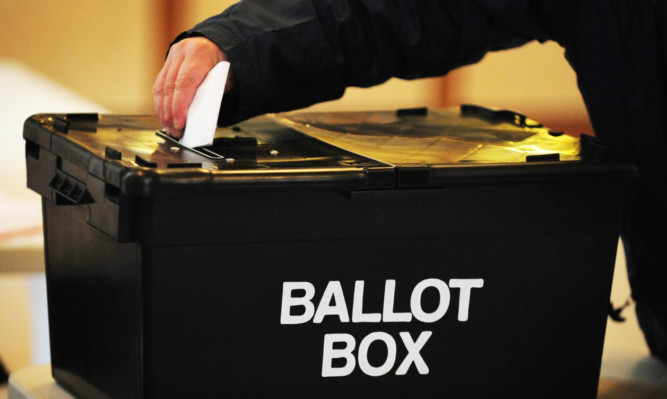Young voters are split over whether the voting age should be reduced to 16 – with slightly more believing the status quo should remain, according to a new poll.
Labour is committed to enfranchising 16 and 17 year olds and Wales was this week promised the power to follow Scotland in doing so for elections to devolved legislatures.
But research by YouGov to mark the start of a two-week series of schools visits by prominent politicians and other well-known figures to talk about democracy found no clear backing among teenagers themselves.
Of the 706 16-18 year olds asked, 43% backed the reform but 47% were opposed.
The research also found a strong desire for politics to change to “better reflect society” (74%) and backing for the use of online and smartphone voting (74%) and online submission of public questions to the prime minister in the Commons (80%).
But there was bad news for politicians who believe they are properly harnessing social media and new technologies to connect with the younger generation: only 12% agree they communicate effectively and just 15% think they seem “in touch” by their use of social media.
A significant 87% said it was important for MPs to explain their policies in person – higher even than the 82% who professed to care about politics – with the future of the NHS the most important political issue (45%) followed by tuition fees (40%) and equal opportunities (28%) .
Half said they would prefer a more proportional voting system, with just 33% backing the existing first-past-the-post rules.
Those going into schools under the scheme include David Cameron, Nick Clegg and Ed Miliband but also comedian Hugh Dennis, former head of the Army General Sir Peter Wall, Paralympian Baroness Tanni Grey-Thompson, BBC director general Lord Hall, Sun editor David Dinsmore and senior business figures such as Baroness Lane-Fox and Helena Morrissey
Speakers for Schools charity founder, BBC business editor Robert Peston, said: “Our poll reveals an incredible hunger among people for our mainstream politicians to talk with them more, via the technology they use, traditional personal contact and – perhaps most importantly – using language they understand. Perhaps most striking in this age of coalitions is that the school students show little attachment for our first-past-the post electoral system, and express a preference for a more proportional voting system”.
YouGov surveyed 708 young people from February 6-15 and the figures were weighted and to be representative of all young people aged 16-18.
